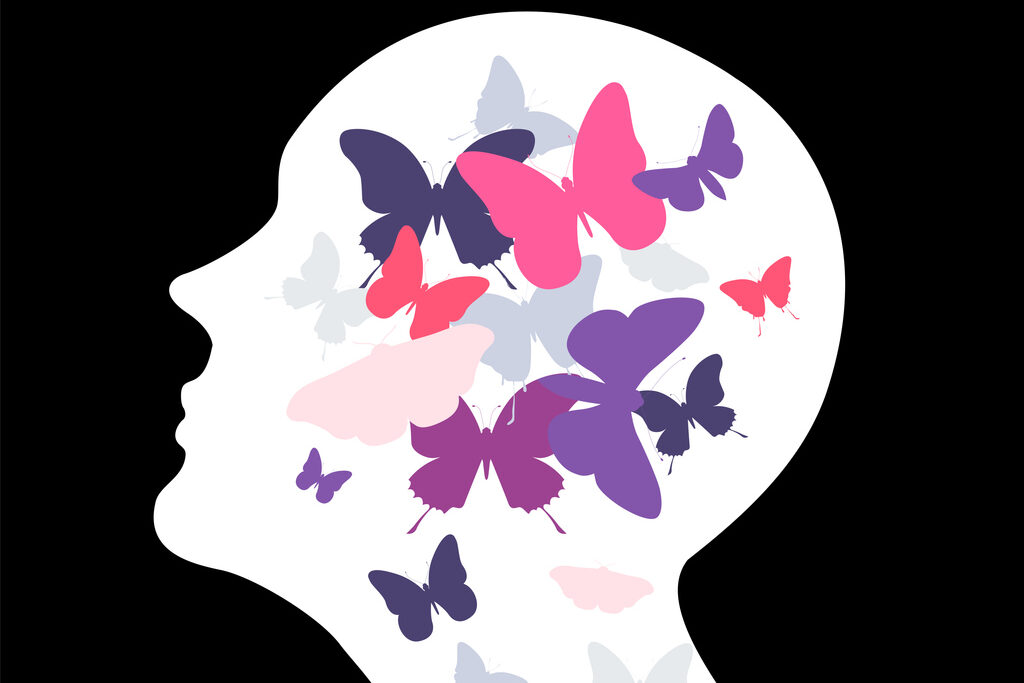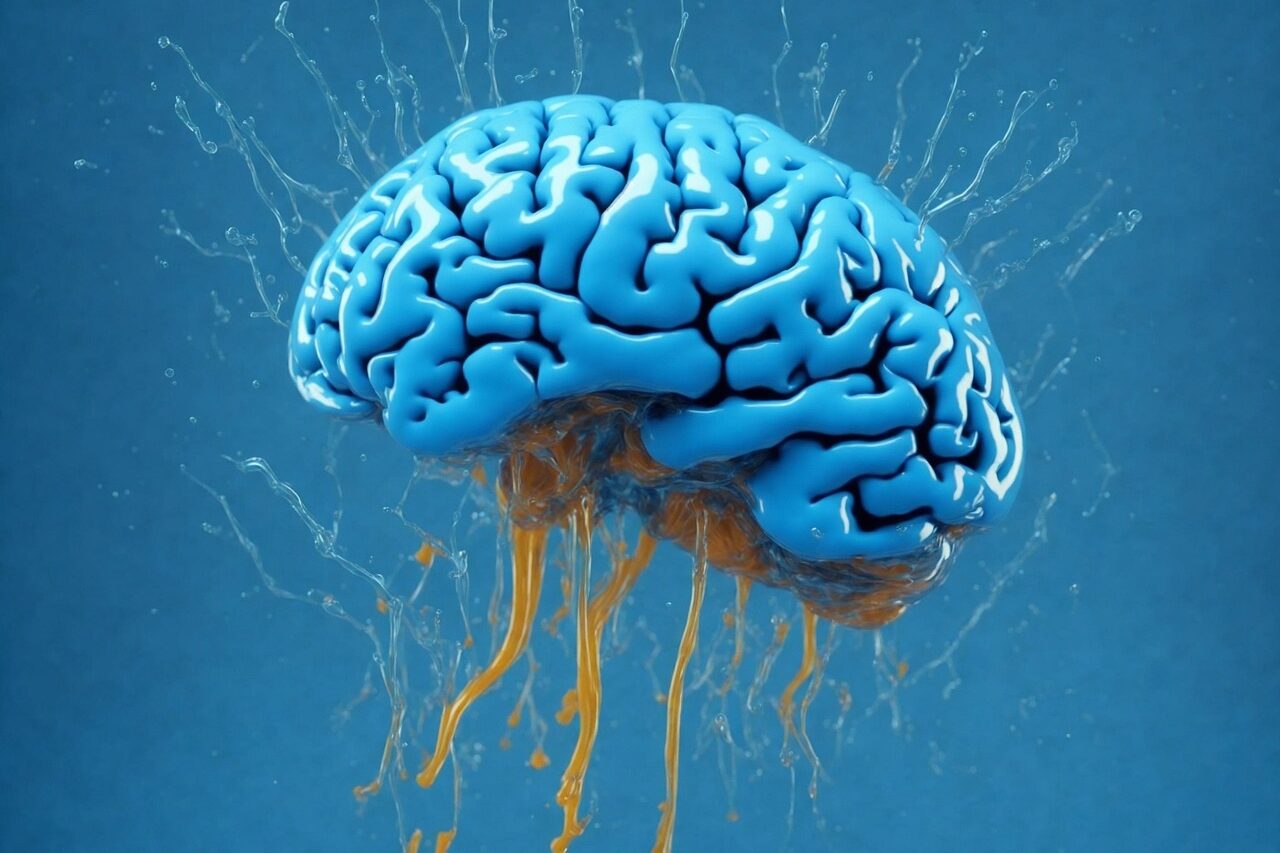The Lab Where Memories Vanish—Literally

Picture this: a mouse scurries through a maze, pokes its nose into a dark corner, and gets zapped with a tiny shock. Ouch. The poor thing learns—fast—not to go there again. But then, with a little brain magic, scientists erase the trauma. Next time? The mouse strolls into Shock Alley like it’s a spa day. Researchers at Kyoto University used precise light pulses and a process called optogenetics to pinpoint and switch off the neurons tied to that painful memory. It’s like dragging an old file to your brain’s recycle bin and clicking “Empty Trash.” Even more fascinating? The change was instant—and the mouse had no clue anything was ever different.
The kicker? The rest of the mouse’s memory stayed untouched—only the fear was gone. If you’ve ever wanted to forget your ex’s name, or that time you tripped in front of your entire school, you’re not alone. But while it sounds like something out of Eternal Sunshine of the Spotless Mind, this is real science—and it’s only just beginning. Scientists say it’s not just about deletion—it’s about rewriting emotion. So how exactly does one delete a memory? Glad you asked…
Memory Isn’t a File Cabinet

If you’re imagining your memories like little folders labeled “Grandma’s cookies” or “First breakup,” you’re thinking too small. Memories are wild, fragmented mosaics—scattered across brain regions and glued together with emotional superglue. The Kyoto team didn’t just find the storage bin; they found the glue. By targeting the specific engram cells—the neurons that store and activate memory—they were able to manipulate not just the memory itself, but its emotional weight. Basically, it’s not just that the mouse forgot the shock; it forgot why it was afraid. That’s the kind of emotional alchemy scientists have only dreamed of. And now? They’re holding the formula in their hands.
This opens up wild possibilities for humans dealing with trauma, PTSD, or phobias. Imagine unlearning your fear of flying, spiders, or public speaking—not through years of therapy, but with one flick of a neurological switch. It could be like emotional decluttering: keep the experience, ditch the baggage. It’s therapy on steroids, minus the small talk. But of course, playing Jenga with memories isn’t all smooth sailing… and one wrong move could knock everything over.
When You Forget Pain, You Might Also Forget Growth

Here’s where it gets a little sticky. What makes us human isn’t just our memories—it’s how we change because of them. That horrible breakup? It taught you boundaries. The rejection letter? It pushed you to try harder. If you could just pluck out all the bad stuff, would you still be you? Some scientists warn that erasing memories, especially traumatic ones, could stunt emotional development. Because sometimes pain isn’t just pain—it’s a teacher in disguise. And when you cut out the lesson, you might lose the growth too.
Think of it like never touching a hot stove—sure, you’ll never get burned, but you might also never learn to cook. Still, the ability to soften traumatic memories without losing the lesson? That’s the holy grail—and we might be inching toward it. The dream isn’t erased—it’s emotional editing. Keeping the facts, trimming the fear. But before you book an appointment to erase your high school embarrassment, consider the potential risks.
The Butterfly Effect in Your Brain

Let’s say you remove one painful memory. Seems harmless, right? But what if that memory was linked to how you treat your partner, or how you react to stress, or even why you chose your career? Our brains are webs, not wires—tug on one string and you might unravel the whole thing. In the mouse study, the researchers were super surgical—zapping one fear, leaving the rest of the brain untouched. But humans are messier, more emotional, and much harder to map. One slip and you might delete the wrong thing. Even the tiniest miscalculation could cause your emotional GPS to reroute completely.
Your favorite childhood song might suddenly feel hollow. Your love for hiking? Gone. It’s a real-life reminder that memory is more than just storage—it’s the storyline of who we are. It’s not just about remembering—it’s about making sense of everything else. Still, what if we could use this power for good—like, superhero-level good? Now that would be something worth remembering.
The Superpower Side of Forgetting

Okay, let’s go full comic-book for a second. Imagine soldiers going into combat without the risk of PTSD. Victims of trauma finally free from haunting flashbacks. Athletes shaking off failure like it never happened. That’s not just fantasy—it’s the very real future this research hints at. By targeting fear at its root, scientists could turn anxiety into calm, panic into peace. It’s not about deleting memories—it’s about defusing them. Keeping the facts, minus the paralyzing emotion. Sounds like a superpower, right?
But with great power comes, you guessed it, a truckload of ethical baggage. Who decides which memories get erased? What if someone else chooses for you? Could employers, governments, or even partners manipulate your memory to keep you in line? That slippery slope feels a little too Black Mirror for comfort. Still, the potential for healing is enormous. We could be on the brink of a revolution in mental health—and the ripple effects would reach far beyond the brain.
A Brave New Brain

Let’s talk about the elephant in the lab—consent. What happens if memory erasure tech falls into the wrong hands? Imagine waking up and realizing someone tampered with your memories. Creeped out? You should be. While the science is thrilling, it also raises major red flags around ethics and identity. Memories aren’t just mental souvenirs—they’re proof of your story. Take them away, and you start chipping away at autonomy. Who you are, what you’ve lived through, how you love—all of it is tied to memory.
And here’s another chilling thought: if memory erasure becomes common, do we start treating pain like a glitch to be fixed instead of an experience to move through? Would we lose our tolerance for discomfort, our empathy for others’ trauma? Could we forget how to heal the old-fashioned way? These are the questions scientists, ethicists, and dreamers are wrestling with right now. It’s not just about what we can do—it’s about what we should do. And that conversation is just getting started. But before we wrap, there’s one more question that haunts the edge of all this…
So… Could You Be Next?

Here’s where things get wild. The same tech used on mice is already being explored in primates—and yes, there are whispers of early human trials not too far off. We’re not talking about memory-wiping pills (yet), but the groundwork is being laid. As tools like transcranial magnetic stimulation and optogenetics evolve, the sci-fi is inching closer to real life. Scientists say we’re still years away from safely editing human memories—but we’ve officially cracked open the door. And once it’s open? There’s no going back. The question isn’t just “Can we?” It’s “Are we ready?”
Maybe you’d jump at the chance to erase that one heartbreak, that one loss, that one awful day. Or maybe you’d rather hold on—scars, tears, and all—because they shaped you. Either way, this research changes the game. It forces us to think about memory not just as something we have, but something we manage. And in the not-so-distant future, managing it might look a whole lot more like editing a playlist than flipping through a dusty scrapbook. One thing’s certain: our relationship with memory will never be the same again. And maybe, just maybe—that’s the most unforgettable part.


